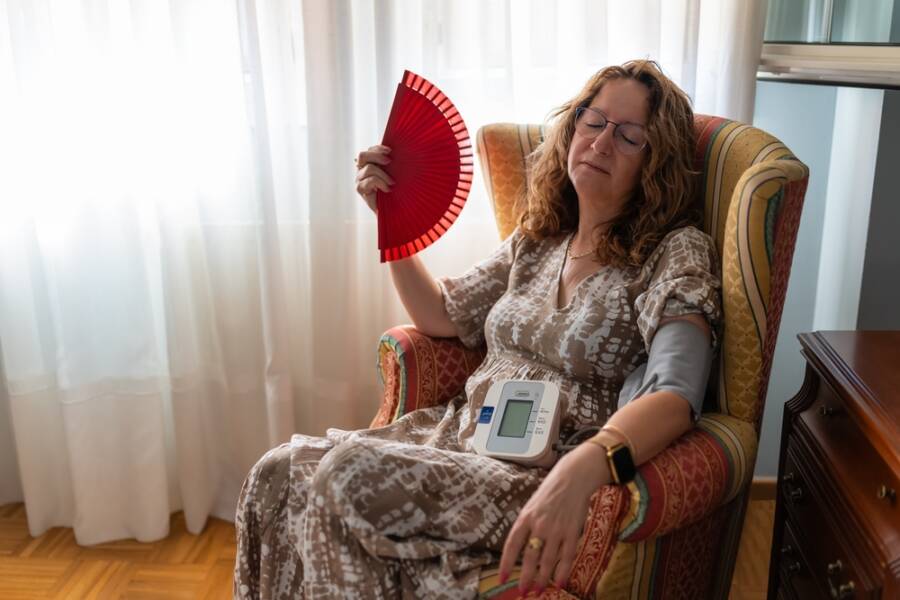
Are high blood pressure meds? Read on and find out more!
So you went to the doctor and found out you have high blood pressure. At first, you’ve tried the natural method, reduced salts from your diet, and also exercised more. Great job!
Unfortunately, this didn’t work as you expected it. Yes, your blood pressure is lower than it used to be, but the readings are still too high. Now what?
Well, there was not much to do. Your doctor prescribed you high blood pressure meds. This is the only way. The readings are great now, but you are feeling a little bit drowsy. This is uncomfortable, but you are not alone. Many high blood pressure meds are known to cause various side effects, and you are one of the many people affected by this.
Older people are the ones who are the most affected by the side effects of high blood pressure meds and this is one of the main reasons they stop taking them. Generally, they complain that they feel fatigued or lightheaded.
There are many people who choose to take the meds only when they feel their blood pressure is out of control. For example, when they gave headaches. But this is dangerous, and you should take your meds the way your doctor prescribed you to do.
Read on and find out about high blood pressure meds and also about their lesser-known side effects!







6 replies on “4 Hidden Side Effects of High Blood Pressure Meds”
Gracias!Thank
Unsubscribe me
Too many ads. Can’t read the article easily
Where are the blood pressure meds listed? I didn’t see any named.
Didn’t see any meds listed. Where is the rest of the article? You lose people who may be interested because you dont get to the point. Geez!🙄
I take two blood pressure meds a day when its hot outside it makes me dizzy and so hot I can not stay outside.